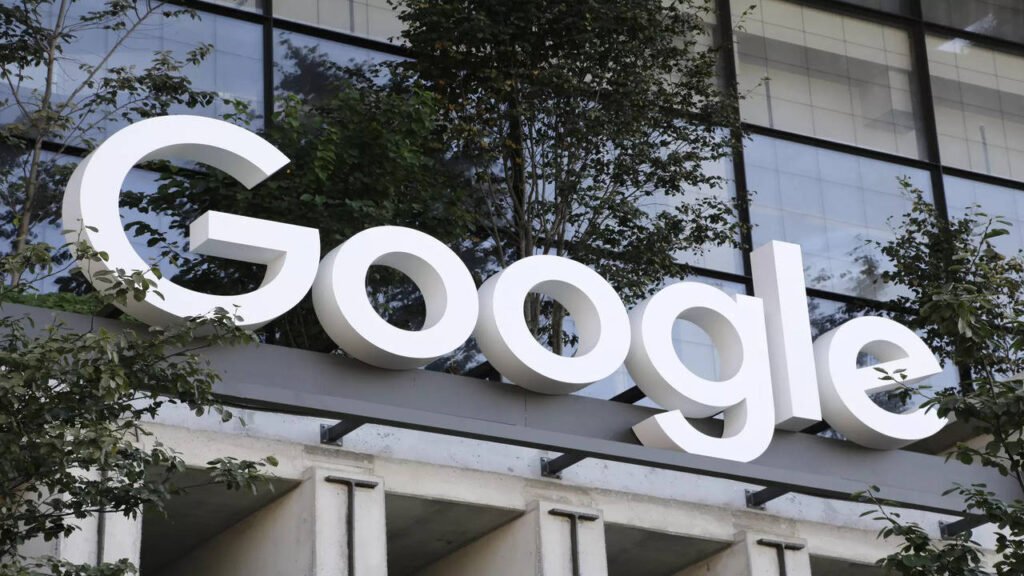A group of Japanese doctors has filed a lawsuit against search giant Google in the Tokyo District Court to fight back against negative online reviews. The case highlights growing concerns about the impact of unmoderated online reviews, especially in sensitive fields like health care.
Google Maps is a popular app in Japan, where people are said to rely heavily on online reviews to make decisions such as choosing doctors and hospitals. Unlike some countries where official websites of healthcare providers are the main source of information, user-generated reviews in Japan are believed to have a strong influence on public perception.
This lawsuit focuses on the potential dangers of such systems. Doctors argue that Google Maps allows unverified, false and potentially negative reviews that can damage reputations and impact patient care.
Why are doctors suing Google?
The core of this lawsuit centers on two key issues:
* Unfair reviews: Doctors argue that negative reviews on Google Maps are often anonymous and lack context, and can easily be fabricated or motivated by malicious intent. These reviews can be very damaging to a doctor’s reputation, especially since they are difficult to refute due to patient confidentiality restrictions.
* Google’s inaction: The lawsuit criticizes Google for not doing enough to moderate reviews or address complaints from doctors about potentially false or misleading information.
Symbolic damage and broader messages
While the financial compensation sought by the doctors (about $150 per plaintiff) is reportedly symbolic, the lawsuit aims to send a stronger message. We aim to raise awareness about the potential dangers of unmoderated online reviews, especially in the medical field.
The lawsuit comes against the backdrop of other legal challenges against Google. In the United States, Google recently settled a lawsuit over its data collection practices. The Japanese lawsuit has further increased international scrutiny of Google’s business practices.
Google Maps is a popular app in Japan, where people are said to rely heavily on online reviews to make decisions such as choosing doctors and hospitals. Unlike some countries where official websites of healthcare providers are the main source of information, user-generated reviews in Japan are believed to have a strong influence on public perception.
This lawsuit focuses on the potential dangers of such systems. Doctors argue that Google Maps allows unverified, false and potentially negative reviews that can damage reputations and impact patient care.
Why are doctors suing Google?
The core of this lawsuit centers on two key issues:
* Unfair reviews: Doctors argue that negative reviews on Google Maps are often anonymous and lack context, and can easily be fabricated or motivated by malicious intent. These reviews can be very damaging to a doctor’s reputation, especially since they are difficult to refute due to patient confidentiality restrictions.
* Google’s inaction: The lawsuit criticizes Google for not doing enough to moderate reviews or address complaints from doctors about potentially false or misleading information.
Symbolic damage and broader messages
Expanding
The lawsuit comes against the backdrop of other legal challenges against Google. In the United States, Google recently settled a lawsuit over its data collection practices. The Japanese lawsuit has further increased international scrutiny of Google’s business practices.

